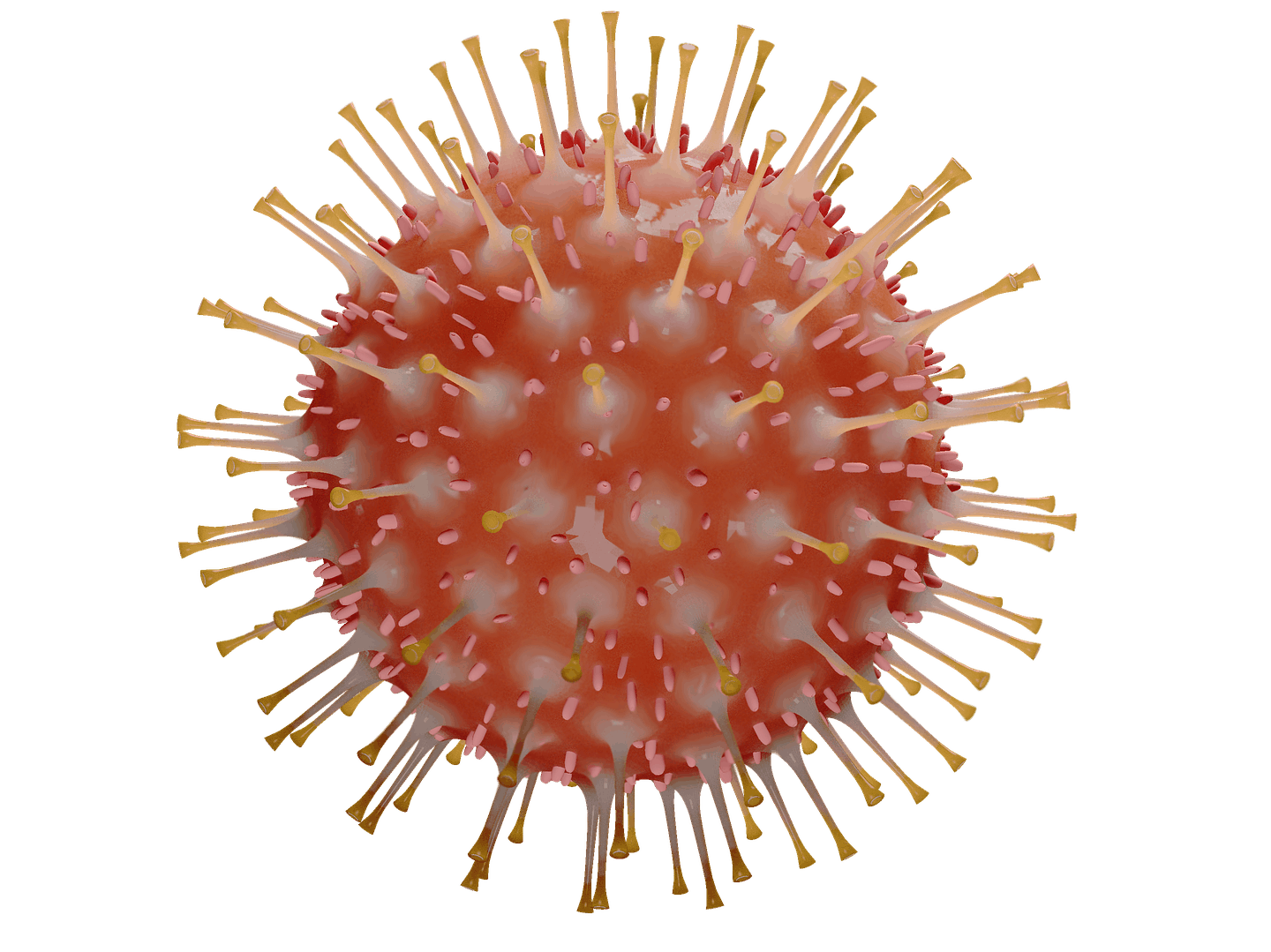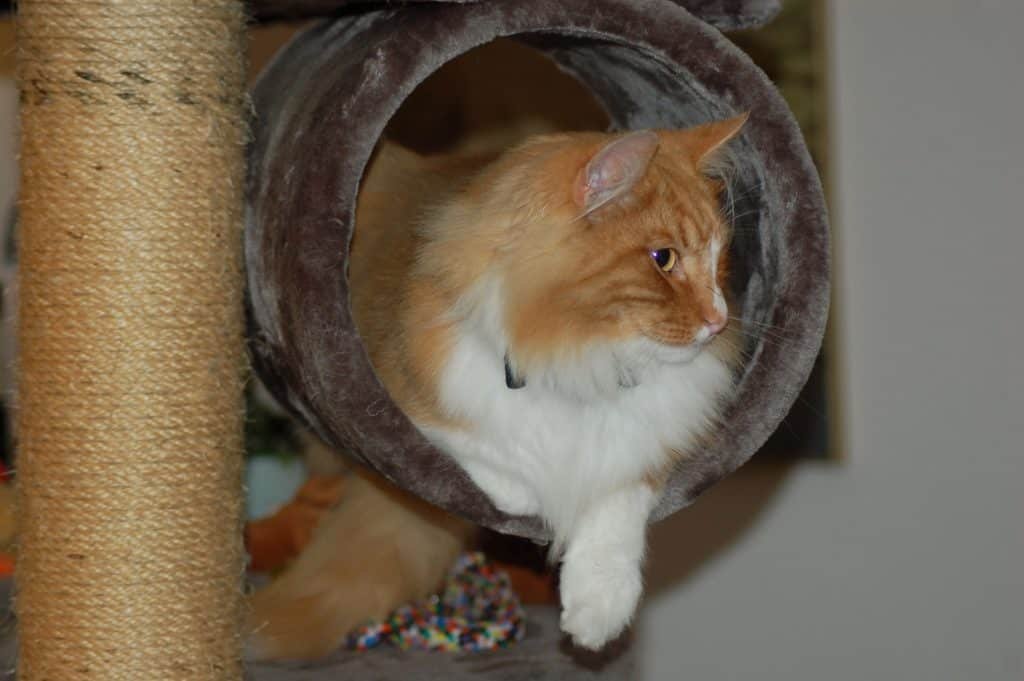Due to recent events, I have now dealt with the issue of whether the Covid-19 coronavirus, which is a danger for us humans, can also be dangerous for our cats.
Many cat owners will wonder if the coronavirus, which is dangerous to us humans, can also cause serious illness in cats. And, of course, whether our pelt-noses can catch it from us if we ourselves contract Covid-19.
Can my cat get infected with coronavirus?

The answer to this question is clearly yes, since coronaviruses are very common. The name Corona is derived from the shape of the viruses, which resemble a kind of crown (Corona lat. for cone, wreath)
Coronaviruses (FCOV, FECV, FIPV) are most commonly transmitted through the feces of infected animals. Simply inhaling or eating fecal components of infected animals is usually enough to transmit the coronaviruses.
Accordingly, outdoor cats are most likely to be at risk of infection with these particular coronaviruses. Pure indoor cats are less often affected due to the route of transmission.
We also have a free-roaming tomcat and our already deceased tomcats were also all free-roaming. Such a disease has not occurred in our company. It is also possible that this is a regional phenomenon, when diseases with coronaviruses occur more frequently in dogs or cats.
What happens when cats become infected with coronaviruses?
Coronaviruses have been known for a very long time and some can also infect our cats. In dogs, coronaviruses (FCOV, FECV, FIPV) can cause intestinal inflammation with bloody diarrhea; cats can also suffer from vomiting and diarrhea. Sometimes the animals may also suffer from flu-like symptoms. It is also known that mutant coronaviruses can cause inflammation of the peritoneum (FIP = Feline Infectious Peritonitis) in cats. Often such an infection is even fatal in immunocompromised, stressed or sick animals.
Can a cat also contract the rampant COVID-19 coronavirus?

The World Health Organization (WHO) has stated in a publication that the Covid-19 coronavirus has been shown not to be transmissible to domestic animals.
However, it is also known that a dog was quarantined in Hong Kong whose owner tested positive for COVID-19. The virus was detected in the nasal and oral cavities of the dog. However, the dog did not show any symptoms of disease. It is not clear how the animal came into contact with the virus, whether through its owner or through pollution at the residence.
The Federal Office of Public Health (FOPH) also estimates the risk for animals, especially pets, to become infected with the Covid-19 virus as very low. Even if you yourself have Covid-19, you don’t have to worry about your hairy pets. Even if they become infected, they do not develop any symptoms or become ill.
So far, it has also not been proven that our pets could be possible sources of infection for humans. However, to be on the safe side, animals should be kept away from confirmed COVID-19 patients. Because even if no infection from animal to human has been detected yet, it cannot be ruled out completely. Since there are now several virus variants due to natural mutations, it is possible that at some point there will be a mutation in which this transmission route will then work.
As a precaution, it may be wise to discourage “visitor petting.” Visitors are basically a danger to cats, as they could bring bacteria and germs into the home through your clothes and shoes alone.
Apartment cats are here more endangered than outdoor cats, because their immune system is not as well trained as with an outdoor cat, which eats also already once a mouse or similar animals.
What should I do if I am infected or quarantined with Covid-19 coronavirus?
Licking our pets should be discouraged as a purely precautionary measure . If the dogs or cats show no symptoms, there is no risk. However, if the first signs of infection (vomiting, diarrhea) appear, the health and veterinary office should be informed. While it is very unlikely, if the pets are showing symptoms it may well be a mutated form of the virus.
Conclusion
According to the current state of knowledge, we do not have to worry about our cats contracting the Covid-19 virus from us for the time being. While it cannot be ruled out that a possible future virus variant may also jump to domestic animals, even then the animals may well not develop disease symptoms.